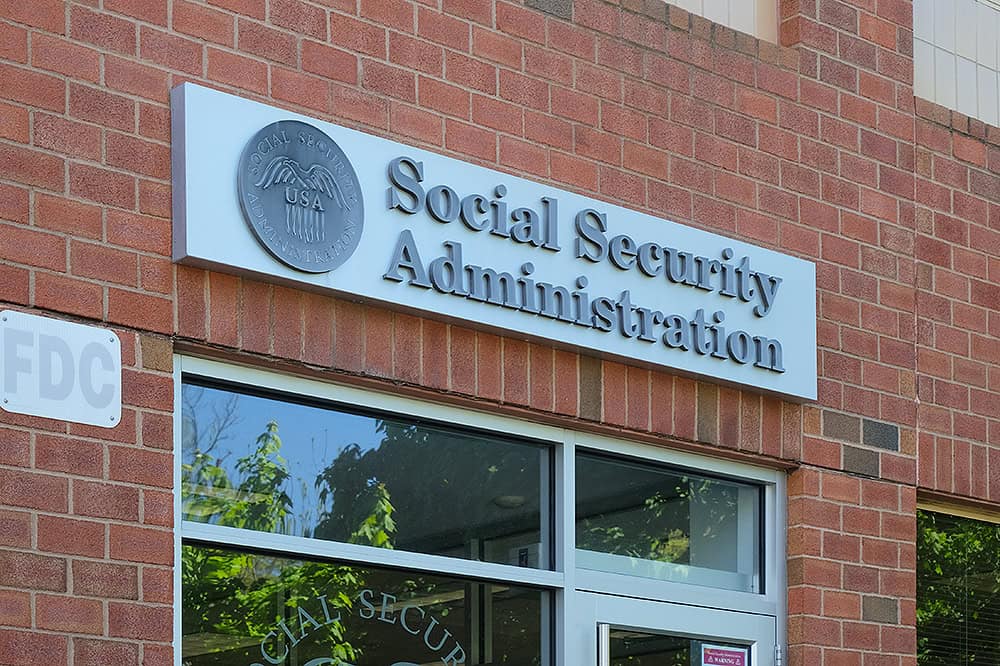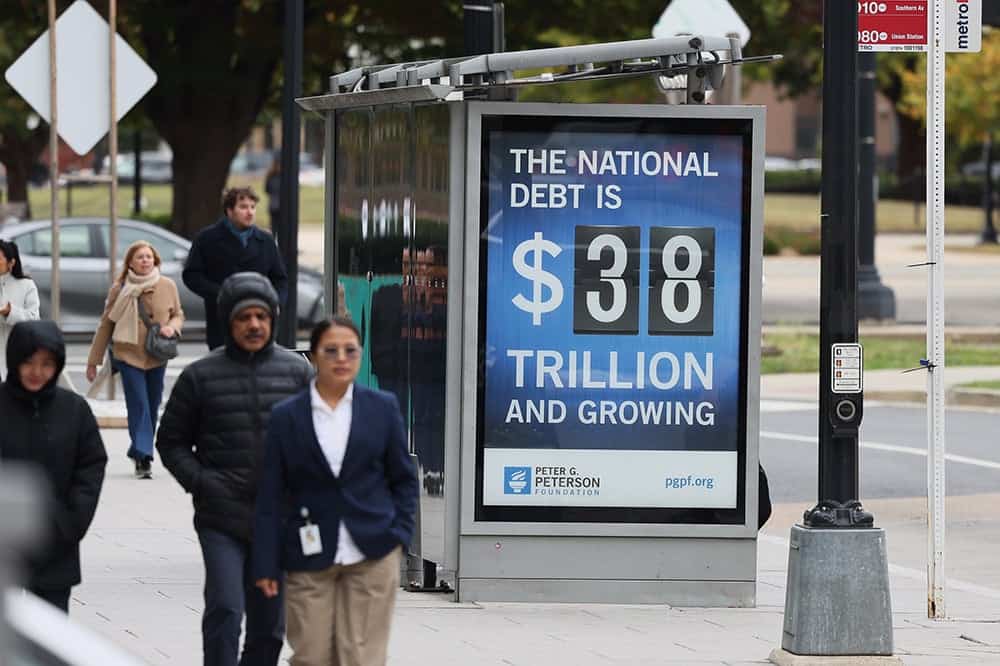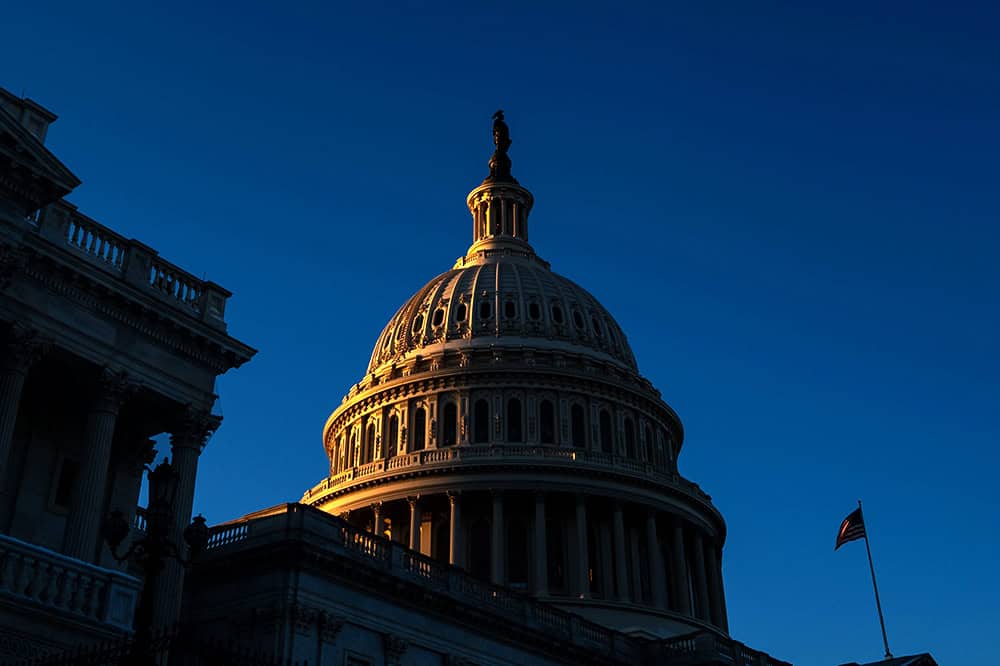Lessons from History for Today’s Economic Challenges
Five New Essays Look at Current Risks to U.S. Economic Strength and Global Leadership Through Historic Lens
Experts Explore National Debt’s Impact on Interest, Inflation, Dollar Dominance and Financial Markets
In a set of five new essays, distinguished economists and historians identify cautionary tales from history that are relevant to understanding and addressing today’s fiscal, economic and political challenges in the United States. In the nonpartisan Peter G. Peterson Foundation’s latest Expert Views essay series, “Lessons from History for America Today,” the authors use historical examples to explain the current risks to American economic health and global leadership.
“America remains the most influential country in the world, but our deteriorating fiscal condition risks weakening this foundation,” said Michael A. Peterson, CEO of the Peterson Foundation. “America’s unsustainably growing national debt leaves us more beholden to lenders, and has the potential to erode the dollar’s status as the world’s reserve currency. In these important and timely new essays, the authors identify insightful lessons from history, providing guidance for our nation’s leaders to chart a sustainable path forward.”
The following is a list of the essays and their authors, which are summarized here, and can be read in full here:
- “Deficits and Debt in the Lens of History” by Barry Eichengreen (George C. Pardee & Helen N. Pardee Chair and Distinguished Professor of Economics and Political Science, University of California, Berkeley)
- Eichengreen examines two historical moments when America successfully addressed its debt.
- “The Debt Crisis and American National Security” by Richard Haass (President Emeritus, Council on Foreign Relations; Senior Counselor, Centerview Partners) and Carolyn Kissane (Clinical Professor and Associate Dean, New York University’s Center for Global Affairs)
- Haass and Kissane frame America’s rising national debt as a threat to national security that requires immediate action.
- “Trussing the Big Beautiful U.S. Dollar” by Harold James (Claude and Lore Kelly Professor in European Studies, Princeton University)
- James highlights two areas that have emerged as risky attempts to improve America’s fiscal outlook: stablecoins and an AI-driven technological revolution.
- “Welcome to the New Era of U.S. Debt, Where the Bond Market Is King” by Heather Long (Chief Economist, Navy Federal Credit Union)
- Long writes that the United States has entered a new era of permanent high deficits and rising debt, which means that our economy is especially vulnerable to the reactions of the bond market.
- “Exorbitant Politics? The Future of U.S. Debt and Fiscal Policy” by Layna Mosley (Professor of Politics and International Affairs, Princeton University)
- Mosley explores key risks that threaten the fiscal privilege that America holds as the dollar’s reserve currency status.
Expert Views is a recurring essay series that brings together leading voices to examine our country’s most pressing fiscal and economic concerns. In past editions, experts from across the ideological spectrum have:
- Shared their views on why the government should establish a bipartisan fiscal commission to propose comprehensive reforms to stabilize the debt
- Provided practical advice to help lawmakers rise above political gridlock and make bipartisan progress
- Examined the impact of inflation and high interest rates on our fiscal outlook
- Assessed the opportunities and challenges for America’s fiscal future recovering from a pandemic
###
ABOUT THE PETER G. PETERSON FOUNDATION
The Peter G. Peterson Foundation is a nonprofit, nonpartisan organization that is dedicated to increasing public awareness of the nature and urgency of key fiscal challenges threatening America's future, and to accelerating action on them. To address these challenges successfully, we work to bring Americans together to find and implement sensible, long-term solutions that transcend age, party lines and ideological divides in order to achieve real results. To learn more, please visit www.pgpf.org.
Further Reading
Lawmakers are Running Out of Time to Fix Social Security
Without reform, Social Security could be depleted as early as 2032, with automatic cuts for beneficiaries.
What Is the National Debt Costing Us?
Programs that millions of Americans depend on and care about may be feeling a squeeze from interest costs on our high and rising national debt.
Interest Costs on the National Debt Are Reaching All-Time Highs
The most recent CBO projections confirm once again that America’s fiscal outlook is on an unsustainable path — increasingly driven by higher interest costs.


